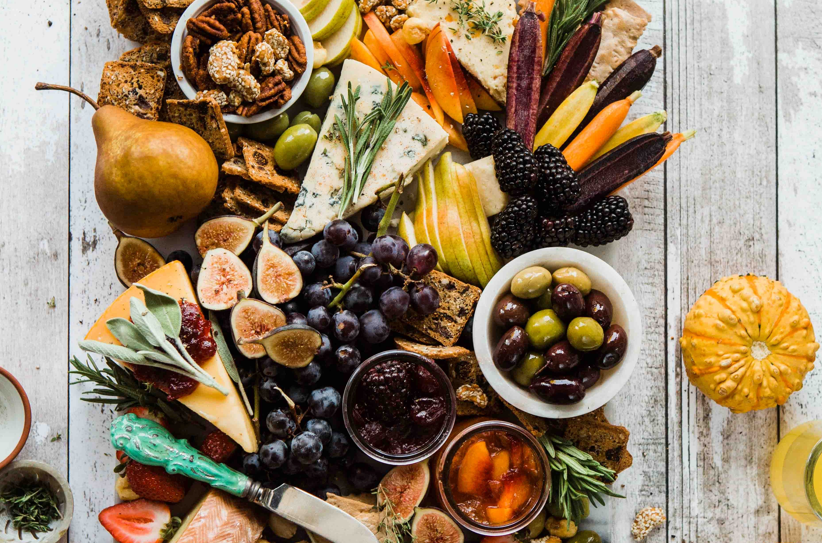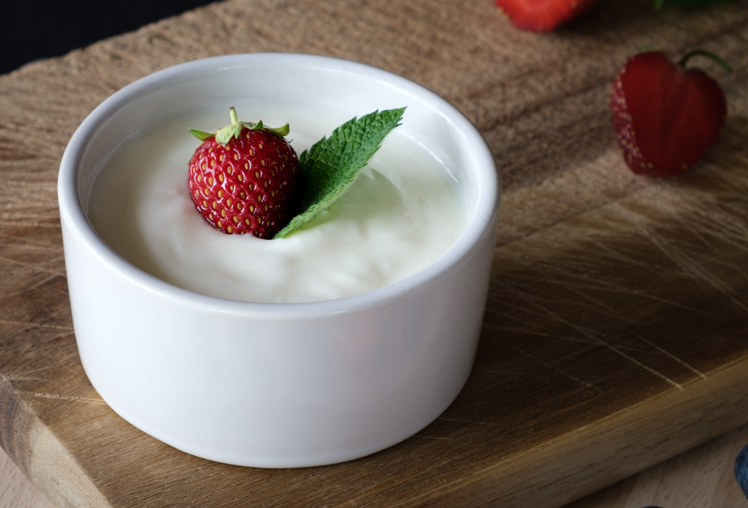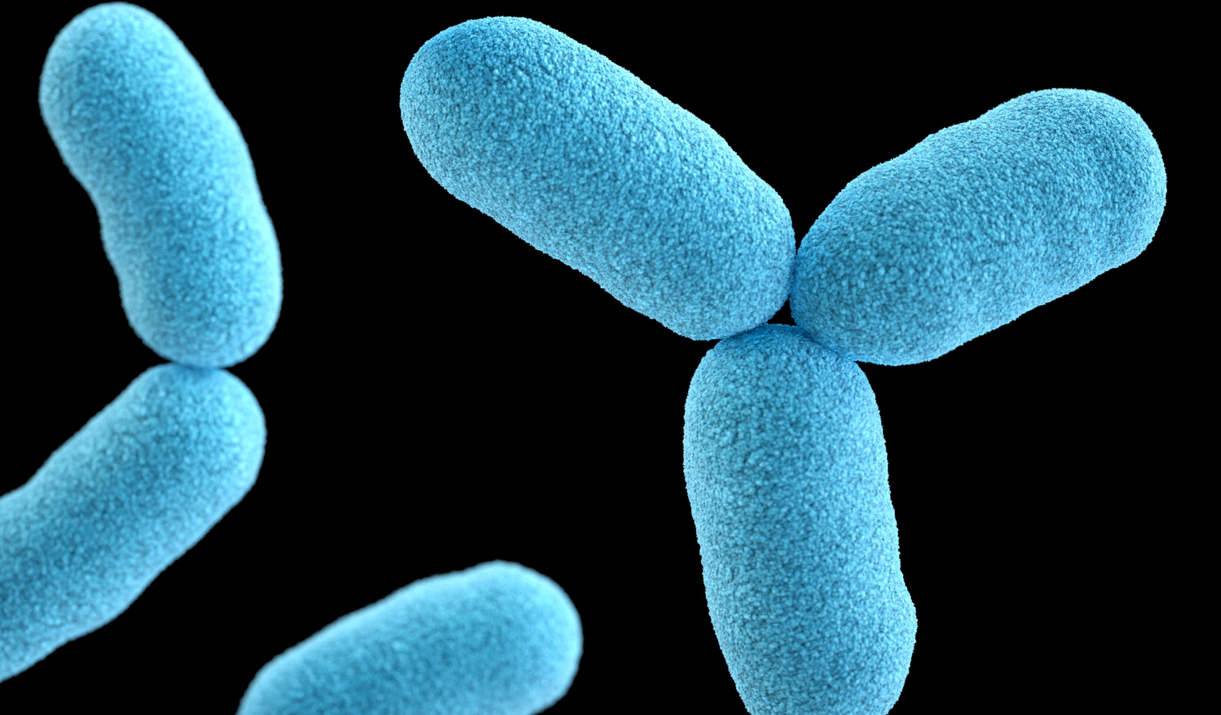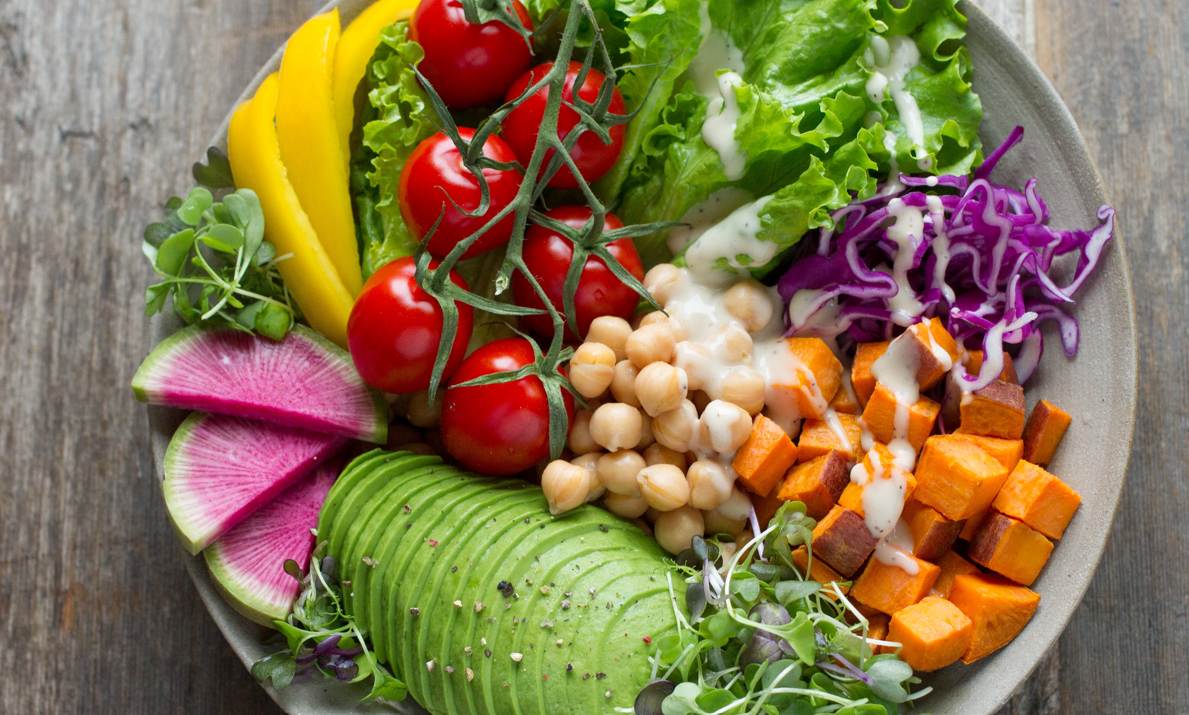By Isabelle Huot
Experts agree that 50 to 60 per cent of the calories you consume each day should come from carbohydrates, which are important nutrients and essential for athletic performance, especially when it comes to endurance sports. To that end, each meal should include grains and fruit, which are good sources of carbs. Protein is important, too: a sedentary person should get .36 grams of protein per pound of body weight each day; for endurance sports, the figures are .55 to .73 grams per pound, and for weight training, .73 to .82. As always, maintaining good hydration is essential.
Before a workout.
Prioritize carbs before you exercise. If the physical activity will take place less than an hour after a meal or snack, eat 15 to 30 grams of simple, fast-acting carbs—the equivalent of a serving of fruit. Lipids (fats) hinder performance. You don’t need to take in any protein in the hour before you train. If the activity will take place a bit later after a meal, eat complex carbohydrates instead, such as bread, rice, pasta, oatmeal, or quinoa; any of these will keep your energy levels up.
During a workout.
If the activity will last an hour or less, water is all you need. To avoid becoming dehydrated, keep a bottle of water handy. Beyond an hour, carbohydrates will help you keep your energy levels up. A sports drink, such as Gatorade, is recommended, but a homemade version naturally rich in potassium is also a good option; for example, you can mix 300 millilitres of orange juice with 200 millilitres of water. If you train in hot conditions, add a pinch of salt to offset the loss of sodium through sweat.
After a workout.
Recent studies have challenged the idea of having a post-exercise snack. Athletes who train twice a day and people who are trying to gain weight will need a snack. For others, the recommendation that you drink a glass of chocolate milk no longer holds unless you’re hungry. In fact, having a snack can interfere with weight control: you can burn 250 calories during physical activity but put them right back if you have a snack containing as many calories. It’s better to wait until the next meal and ensure that it gives you enough carbohydrates to replenish your glycogen and enough protein to repair muscle fibres.
Photo by Brooke Lark on Unsplash






